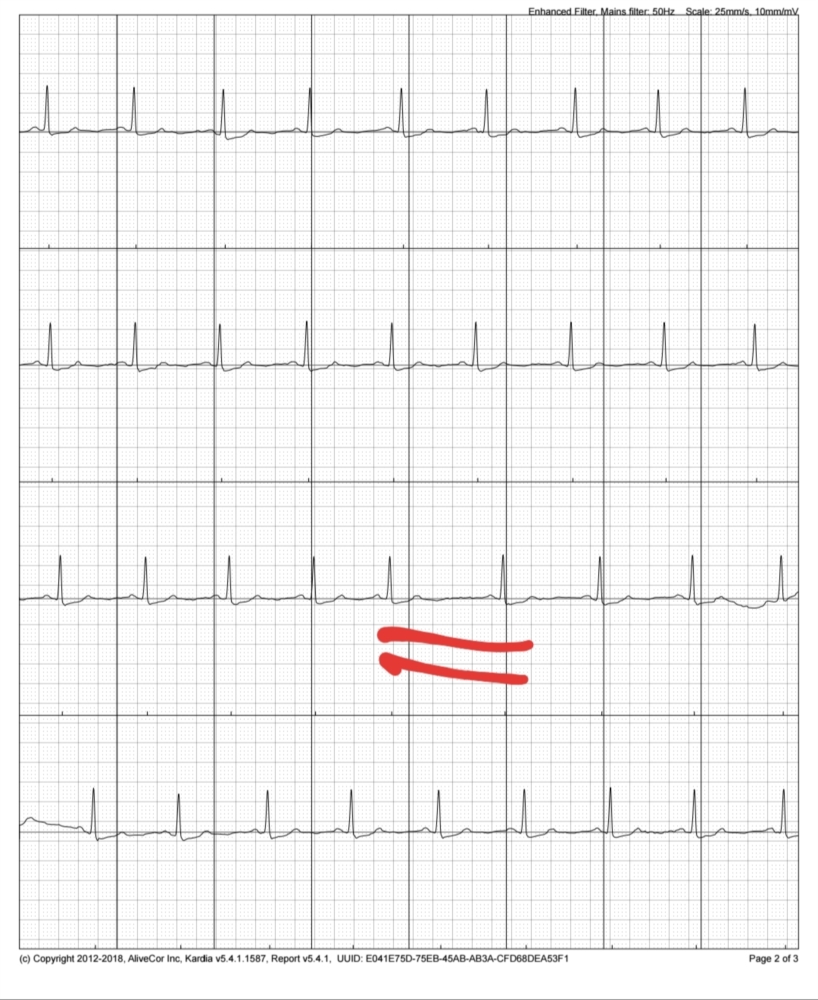
Most cases of bacterial pericarditis are caused by infections somewhere else in the body. Pericarditis caused by a bacterial infection is potentially fatal, so it is very important to seek medical treatment as soon as possible. You may be prescribed medicines to help reduce the inflammation and to relieve pain. For example, a chest infection caused by a virus can lead to pericarditis.

Chronic pericarditis lasts three months or longer. Symptoms of acute pericarditis can last from one to three weeks.

Symptoms of pericarditisĭepending on the type of pericarditis you have, symptoms can vary and can include: Pericarditis is usually mild and can be managed with rest and medicines, if needed. It is always important to seek medical help as soon as possible if you experience these symptoms. The symptoms of pericarditis can be similar to those of a heart attack and can include chest pain, shortness of breath and palpitations. The inflammation causes the membrane layers to swell and rub against each other as the heart contracts and relaxes. When the pericardium becomes inflamed, this is called pericarditis.

The pericardium helps keep the heart in place and protects it. The fluid allows the layers to glide smoothly over each other when the heart beats. The pericardium is made up of two layers of thin tissue (membrane) that contain fluid. You may need to see your doctor to rule out other possible causes of throat spasm to make sure you don’t have a more serious condition.The heart is surrounded by a protective sac called the pericardium. They can help you learn neck exercises to relax hypercontractions.Īccording to Laryngopedia, the symptoms of cricopharyngeal spasm tend to resolve on their own after around three weeks. In addition to home remedies and medications, your doctor may refer you to a physical therapist. Xanax, an anti-anxiety drug, may also alleviate symptoms. It’s also used to treat tremors and musculoskeletal injuries. Valium is used to treat anxiety, but it may also be helpful in calming stress related to throat spasms when taken temporarily. Breathing techniques, guided meditation, and other relaxing activities may help.įor persistent spasms, your doctor may prescribe diazepam (Valium) or another type of muscle relaxant. Stress over UES spasms can increase your symptoms, so it’s important to relax if you can. Drinking an occasional glass of warm water may have similar effects.

This is compared with eating a couple of large meals throughout the day. By eating and drinking small amounts throughout the day, your UES may be in a more relaxed state for longer. Changes to your eating habits are perhaps the most promising solution. These types of spasms may be alleviated with simple home remedies.


 0 kommentar(er)
0 kommentar(er)
